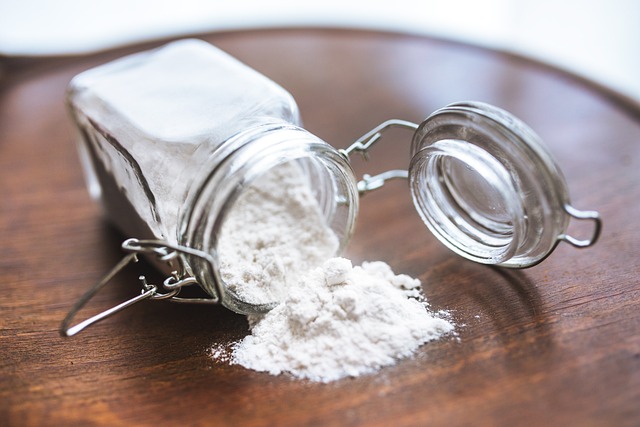
Prepping for the next national crisis is a topic that deserves a lot more attention. During the early stages of the covid19 pandemic, food and essential supply chains experienced unprecedented strain, leaving many without the things they need to get by.
Storing essentials now as a means of preparation is the most logical way to ensure national or even global crisis events won’t impact you and your family as much.
So, we’ve listed a few helpful food storage tips to help you kickstart your journey as a prepper.
Designate A Storage Space
First, you’ll need to designate a storage space free of moisture, light, and heat. If the area is not free of moisture, foods may spoil faster. The site must also be suitable for long-term storage.
Temperature is also a crucial factor in preventing food spoilage, so be sure the storage area does not have varying temperatures throughout the day.
Water Storage
Unless you live on a property with a well, you will need to consider storing water in your storage area as well. Because water supplies could be interrupted during a crisis, it’s wise to keep as much bottled water as possible. Ideally, storing a 3-6 months supply of water is wise.
Bulk Buy The Right Foods
When choosing foods to store, it’s essential to choose foods that don’t spoil quickly. Unfortunately, fresh fruits and vegetables won’t be an option.
Instead, consider food items like flour, beans, rice, oats, dehydrated fruits, pasta, canned foods, long-life dairy products, and other foods that are regarded as non-perishable. If you aren’t sure how to store flour long-term, simply keep the flour in an airtight container in a cold and dark area of your storage room.
Buying in bulk, looking for discounts, and switching supermarkets are all ways that you can save on your food storage.
Start Growing Fresh Produce
Because you won’t be able to store fresh fruits and vegetables, it’s a great idea to start a survival garden that can supply you and your family with these essential nutrients should a crisis occur. Survival gardens consider specific crops, so be sure to examine a guide before you start planting.
Growing your own produce is also an excellent way to lower your current grocery bill. Moreover, you can also learn how to prepare preserves for the crop that you can’t consume soon enough. Fruits can be preserved as jams while herbs can be dried, and vegetables like cucumber and onions can be pickled.
Organize With Mason Jars
It’s crucial to keep the storage room as organized as possible. Use mason jars to store foods that need airtight seals, and label the jars accordingly.
You can also use freezer bags to store dry foods, as these bags also provide an airtight seal. It’s best to avoid plastic containers as they aren’t airtight, and plastic is unsuitable for long-term storage.
Once you have started prepping your food storage, preparing for potential power outages is wise. During outages, a camping stove, solar lights, and a portable generator can be lifesaving. Nevertheless, it’s wise to read-through prepping checklists for power outages to ensure you have the best chance of survival during any national crisis.
Tags: preppers


